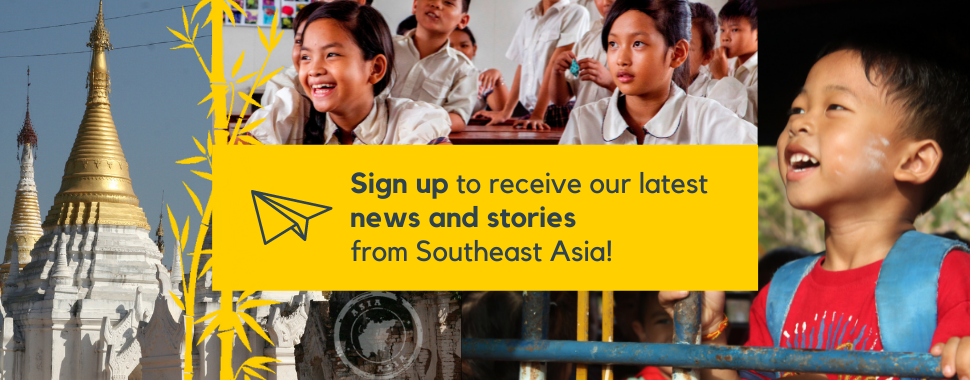
Get to know yourself
HOLISTIC TRAINING
Our mission at the Children of the Mekong charity is to enable the least privileged to get access to a rounded education which combines academic study with personal development.
We have given lots of thought over a long period to the best way of doing this, and have come to the view that our holistic training is underpinned by three cornerstones:
building oneself, opening oneself to the world, and involving oneself in society.
In Laos
“In the Centre that I look after in Vientiane, the capital of Laos, we now welcome in about 50 young boys and girls every year. As this grows, I can see the importance of teaching these young people social principles that build on their personal development, especially as these values used to be passed on within the family. For example, in Laotian culture, politeness and respect for elders are extremely important. Nowadays, however, many of the young people that we welcome into our boarding houses have lost the fundamental instinct to say hello to an adult passing by. I don’t believe that this is insignificant, but rather a loss of social awareness. Our young people no longer have the worldly wisdom which previously gave Laos its spark. It is therefore important that we teach them these values again.
In Laos, there is a saying similar to “give and you will receive”. It’s an example of popular wisdom from the past. The proverb explains that the giver will benefit just as much as the person who receives. But it also signifies that as well as receiving, we should also give when it comes to our turn. Always be grateful for what you get and give back in one way or another using the skills that we have. This is a very important lesson for our young people coming from poor families who have received so much already, especially from their sponsors.
All in all, we are trying to teach a consistency between the identity of these young people and their actions: the alignment of ‘Who am I?” and “How do I act?”. For this reason, I believe it is important to teach our students philosophy, to provide them with core values and a framework that will set them up for life.
– Sister Latsamy, local programme manager for Children of the Mekong in Laos
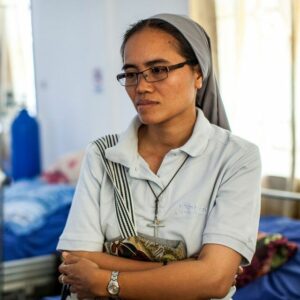
Cambodia was ranked 160th out of 179 countries for its corruption perception Index in 2020.
The median age of the population is 25.6 years old. A young population means education has an important influence in changing perceptions.
In Cambodia
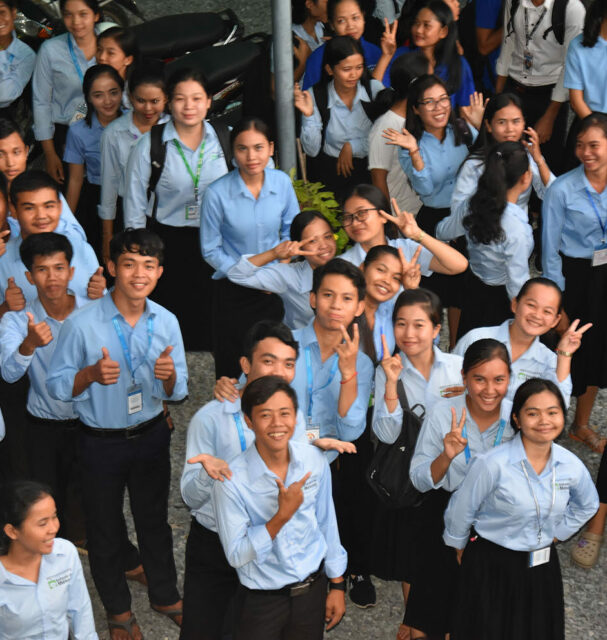
“Not all of the children we support will become intellectuals or businessmen; or even be able to read perfectly. But all of them will know how to be a nice person and take care of their country.” These words come from a former Buddhist monk, Mony Chenda. In 2010, with Children of the Mekong, he supported the development of a university centre which has holistic training at its heart. For him, “everyone can become a great leader, for their friends, their family, their country… We must give these young people a place and time for training that will give them the opportunity to spread their wings.”
As a result of this, the Docteur Christophe Mérieux Centre is established in Phnom Penh, where the groundwork is quickly laid for a philosophical journey. The heart of so-called holistic training, this slow acculturation work is being established. One must leave behind western thinking and understand the Khmer mentality. It is the teachings of another monk that drives things forward. Invited to discuss the subject of life after death, he sits down and tells stories. He doesn’t teach, he tells stories. He describes the nuances of this delicate subject through stories and anecdotes. The audience is hanging on his every word. It’s the Khmer way: a speaker who is more of a narrator than a teacher, who is ending 30 minutes of tales with a few phrases which, in our eyes, are the reason for his involvement: sentences of wisdom that will be easy to remember, just as we remember La Fontaine’s fables and morals. The final lesson is succinct, but it is resonating with the emotions that have already been provoked around the subject, as a result of the stories and anecdotes which spoke to the heart of those listening. The philosophical training provided in Children of the Mekong centres copies this method: a long period of games, anecdotes or stories and questions, followed by a short lesson that reinforces what they have already understood.
Our Khmer social supervisors, who live every day with the young people in Children of the Mekong centres in Cambodia, say: “The youngsters don’t have clear objectives, they don’t take risks, but they want lots of success. It is important to teach them to have a positive attitude, to work with self-discipline and have confidence in themselves. All success requires time and unwavering commitment. We need to give them tools as well as good speakers who inspire them. They need lots of practice and minimal theory.” A philosophical course also teaches virtues, the best tools a young person can possess in order to learn effectively that everything requires time and constant involvement in order to achieve one’s objective. This is an opportunity for each of the students to reflect on the goal they are aiming for. Is it success? Health? A good job? Family? Happiness? In parallel, during sessions on tools – virtues – the students reflect on these topics, by exploring their personal questions about friendship, work, art, happiness, passions and religions. A complete course in 12 sessions where the teacher lets the students do the work for three quarters of the time.
Finally, between success and happiness, what should be given priority? The issue goes beyond borders. It is at the heart of the students’ worries at the centres. For example, books on this subject are the most popular in the library at the Docteur Christophe Mérieux Centre. The role of Children of the Mekong is not to provide them with a ready-made answer, but rather to accompany them in making their own choices. And if any indicator were needed to persuade us that this teaching must continue today, the simple fact that each new generation starts the school year with the same fundamental questions is enough to confirm the need for this philosophical course.
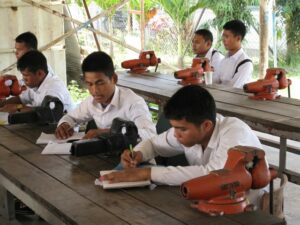
The role of Children of the Mekong is not to provide them with a ready-made answer, but to support them to make their own choices.
During philosophy training, each student is encouraged to draw a lotus flower where the petals depict one’s identity, one’s motto, one’s source of happiness and one’s origin of unhappiness, respectively.
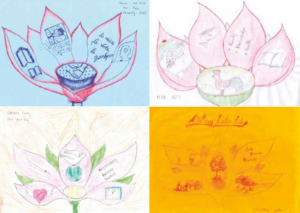
Testimonials from sponsored children
“The work on friendship enables me to learn a lot and also to put it into practice in my daily life, in the boarding house with the other girls. Before this, I used to hate life in the boarding house, I wanted to keep all my things and I didn’t want to share them with the others. However, now, after this course, I have changed without realising it. The philosophy class is very important for our daily life. It allows us to understand the meaning of life and how to find true happiness. It enables us to communicate well with others and to live well in society.”
Sou Chanseng, student engineer
”After having reflected on the meaning of life, we are encouraged to develop aspects of ourselves that we don’t yet know. When we have discussions with other students, we share lots of good ideas and compare the lesson with real life.”
Sinh Sreypich, agronomy student
More articles about holistic training

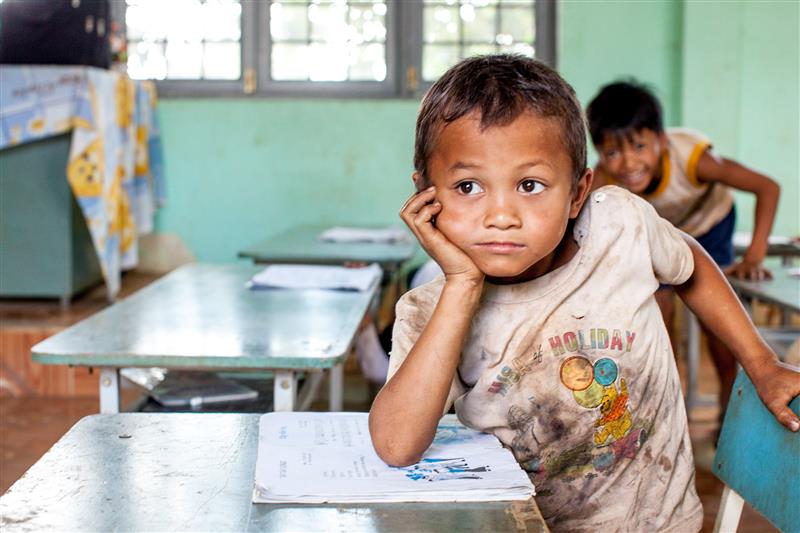
Get to know yourself
Personal development in educational charity curriculums – Alongside their lessons, students at Children of the Mekong gain a better understanding of their friendships, work, […]
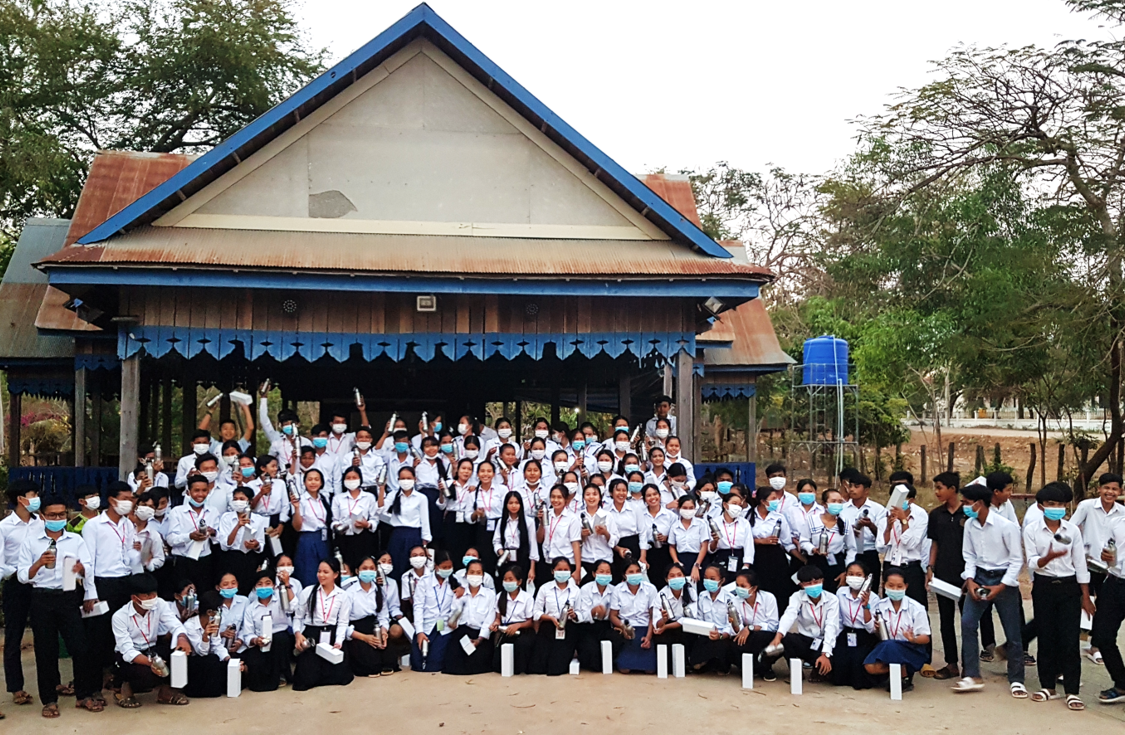
“Making progress is more important than being successful”
Significance of holistic education for the Khmer children in Cambodia An interview with Martin Maindiaux by Antoine Besson
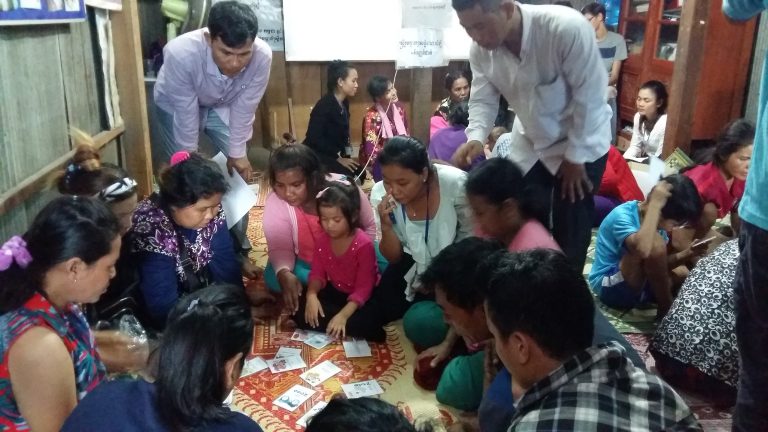
Be Financially Responsible
Third pillar of holistic training: involving oneself in society The testimony of Chandeth, programme manager in Cambodia, and the solutions proposed by Children of […]
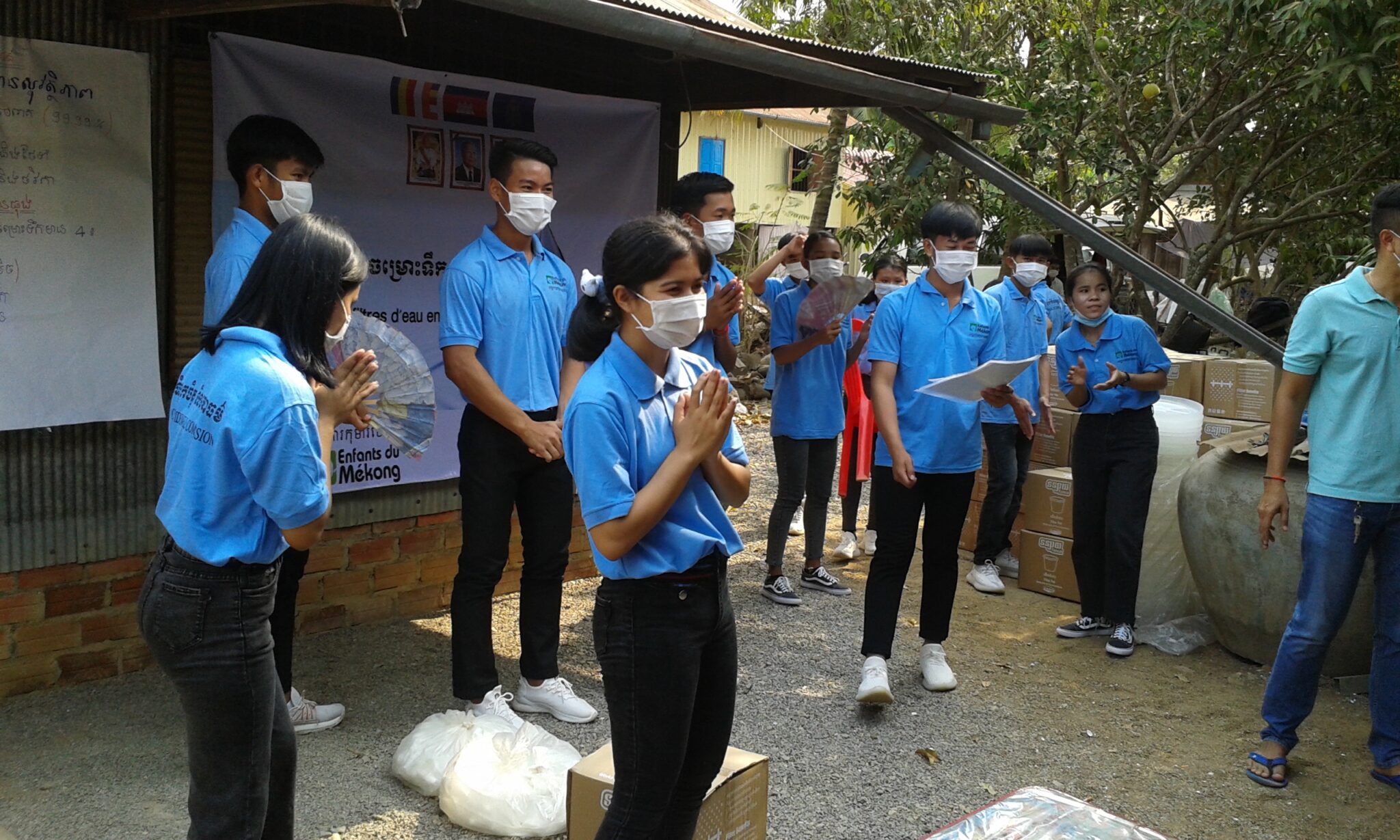
Grow Self Confidence
First pillar of holistic training in education: building oneself
